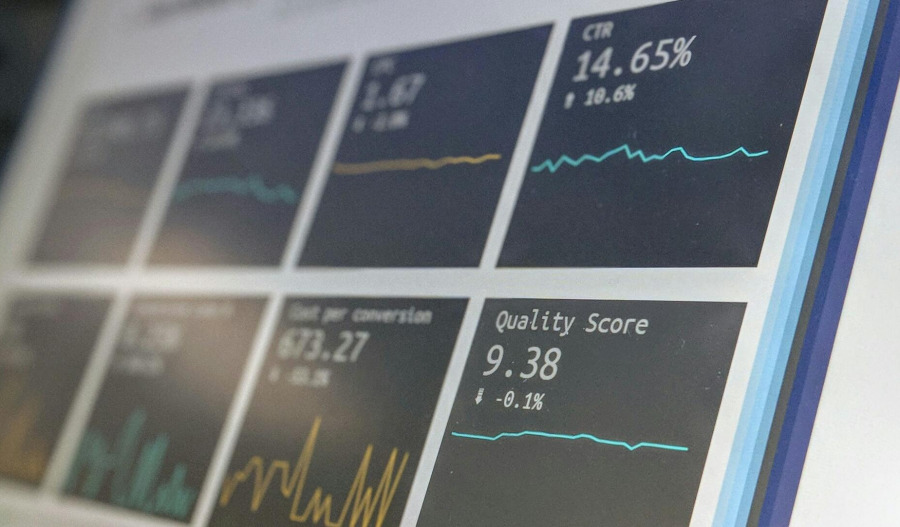United States producer prices rose in July at their fastest pace in three years, signalling a broad-based pickup in inflation that could complicate the Federal Reserve’s widely anticipated September rate cut.
The 0.9% monthly jump in the producer price index (PPI) for final demand, reported by the Bureau of Labor Statistics (BLS) on Thursday, was the largest increase since June 2022 and far exceeded market expectations for a 0.2% rise.
The surprise acceleration came as goods and services prices both moved sharply higher, with services accounting for more than three-quarters of the gain.
Service costs climbed 1.1% - the biggest increase since March 2022 - after dipping 0.1% in June. Trade margins surged 2.0%, led by machinery and equipment wholesaling, while portfolio management fees jumped 5.8% amid a stock market rally.
Hotel and motel rates rose 3.1%, airline fares increased 1.0%, and road freight transport costs advanced 1.0%.
Goods prices rose 0.7%, up from a 0.3% gain in June, with food costs surging 1.4%, responsible for 40% of the overall increase.
Fresh and dry vegetable prices spiked 38.9%, a move attributed by farmers to labour shortages amid the Trump administration’s immigration enforcement actions.
Wholesale beef prices climbed 4.6%, egg prices rebounded 7.3%, and coffee was up 1.1%.
Excluding food and energy, goods prices gained 0.4%, driven by higher costs for steel, aluminium, and primary nonferrous metals, as well as electronics and sporting goods.
In the 12 months to July, the PPI rose 3.3%, accelerating from 2.4% in June. The data followed this week’s consumer price report, showing higher July prices for services such as dental care and air travel, and came alongside labour market figures pointing to stability.
The inflation report also arrived amid growing concerns over the quality of U.S. economic data. The BLS announced it has ended publication of around 350 indexes, including some intermediate demand measures, due to long-standing funding shortfalls worsened by deep budget cuts and public sector layoffs under the Trump administration.
The suspension of certain data collection efforts has also affected parts of the consumer price index.
Adding to unease, Heritage Foundation economist E.J. Antoni, a critic of the BLS, has been nominated to lead the agency, a move many analysts describe as politically charged and potentially damaging to statistical integrity.
In a separate release, initial claims for state unemployment benefits fell by 3,000 to 224,000 in the week ending August 9, while continuing claims slipped to 1.953 million in early August.



